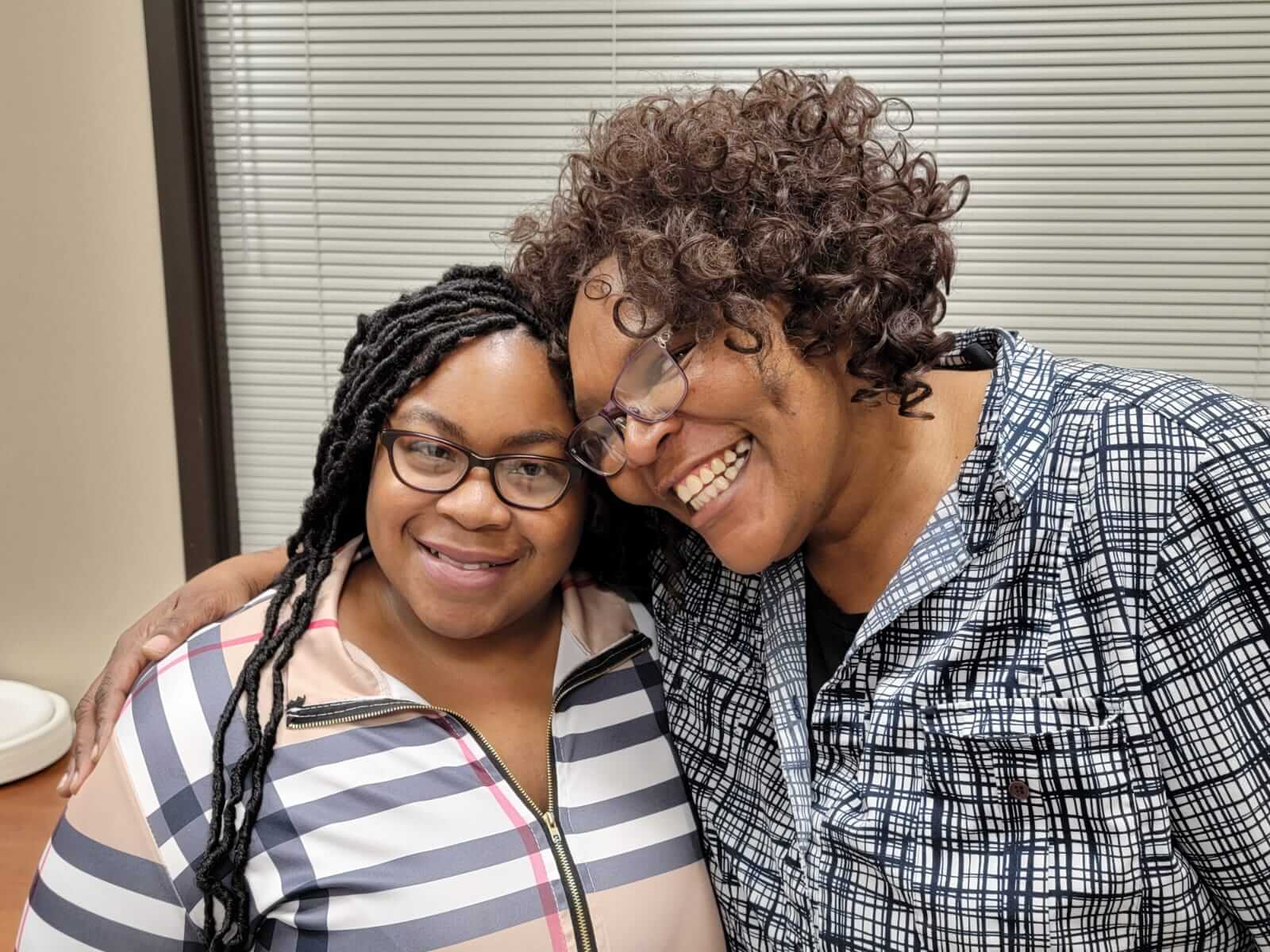
Life is constantly filled with hardship, but most women in the African American community have it more challenging than most. When it comes to struggles with mental health among women in the community, this is especially true. Mental health struggles have led to higher cases of depression and hopelessness among women. Much of the causes for these feelings are easy to identify, as women in the African American community deal with lower incomes, lower educational attainment, and other stressors such as racial trauma.
Despite these unambiguous identifiers, most women aren’t able to receive the help and attention they deserve. According to a national study, only 12 percent of African American women seek help or treatment for depression. Why is that?
Sadly, most of the answers to this question are clear. Mental health support through private therapy or antidepressant medication is prohibitively expensive for many African American women. With many working in low-income positions, women often have to sacrifice their health to support their households and families instead. There is also a noticeable stigma towards mental health care, mainly through generations of racial bias that African Americans were facing in healthcare.
What can we do as a society to help women through mental health crises? The biggest thing we can provide is educational resources for mental health treatment, whether through non-profit mental health organizations or self-affirming care women can do at home with their families. Other social-based programs can do wonders to help curb mental health problems. Group exercises like Zumba can allow women to come together to support each other’s health, and having a social group in a quiet and safe environment will enable women to air out the grievances in their lives and get the support they need.
PCI is dedicated to improving women’s mental health in our community thanks to our upcoming initiatives in Women’s Health. If you’d like to learn more, visit our web page on Women’s Health. You may also contact us through info@pointters.org or call (920) 572-7375.


